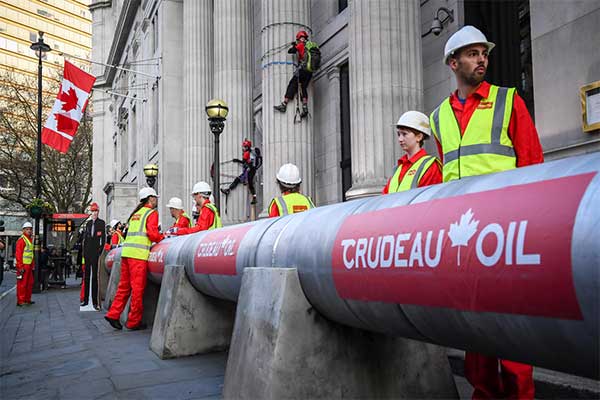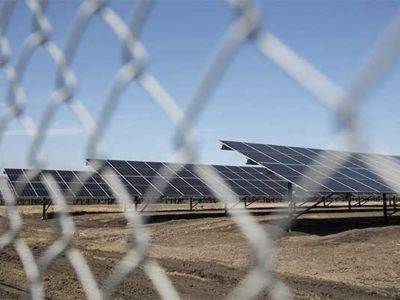The Canadian government wants a 42% reduction in emissions from the nation’s oil-and-gas sector to meet its 2030 emissions-reduction goal, Bloomberg reports.
Overall, the strategy laid out by Environment Minister Steven Guilbeault aims to reduce Canada’s domestic emissions by 40% from 2005 levels by 2030, it continues.
The plan includes a tax credit to help the industry pay for carbon-capture projects but does not include a specific emissions cap on the fossil-fuel sector which accounts for approximately a 10th of Canada’s total economic output.
According to the Globe and Mail, such a cap was “promised” by Prime Minister Justin Trudeau’s Liberal Party in the past election, and is still under development.
The plan, which constitutes Canada’s first real roadmap to meeting 2030 climate targets, includes detailed plans and CAD$9.1bn in new spending for climate action.
Under the scheme, Canada’s carbon price is set to rise steeply from its current level of $50 per ton of emissions to $170 by 2030 to help push consumers to cleaner energy sources.
Besides embracing carbon capture, another key area of focus is road transport, with more money for incentives to buy zero-emission cars and trucks, and a mandate that 20% of all new light-duty vehicles sales in Canada be zero-emission vehicles by 2026.
A quick turnaround in a country where the overwhelming majority of new cars sold still have internal combustion engines.
—
Adapted from an excerpt in Carbon Brief’s March 30th Newsletter.











Comments